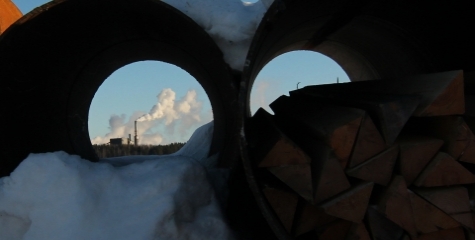WI-WE Progress
| Progress: 99.80% WWI-WE Version: 6 | |
| 0 | mandatory questions pending |
| 19 | questions total |
| 18 | questions answered |
| 18 | questions completed |
| 1 | question pending |
Mapping Weak Signals
Inspired by: FP7 » Growing environmental legal class actions on no-win no-fee basis

Originally submitted by: Joe Ravetz
List of all contributors by versions (mouse over)
Last changed by: Rafael Popper
WI-WE status:
.png)
